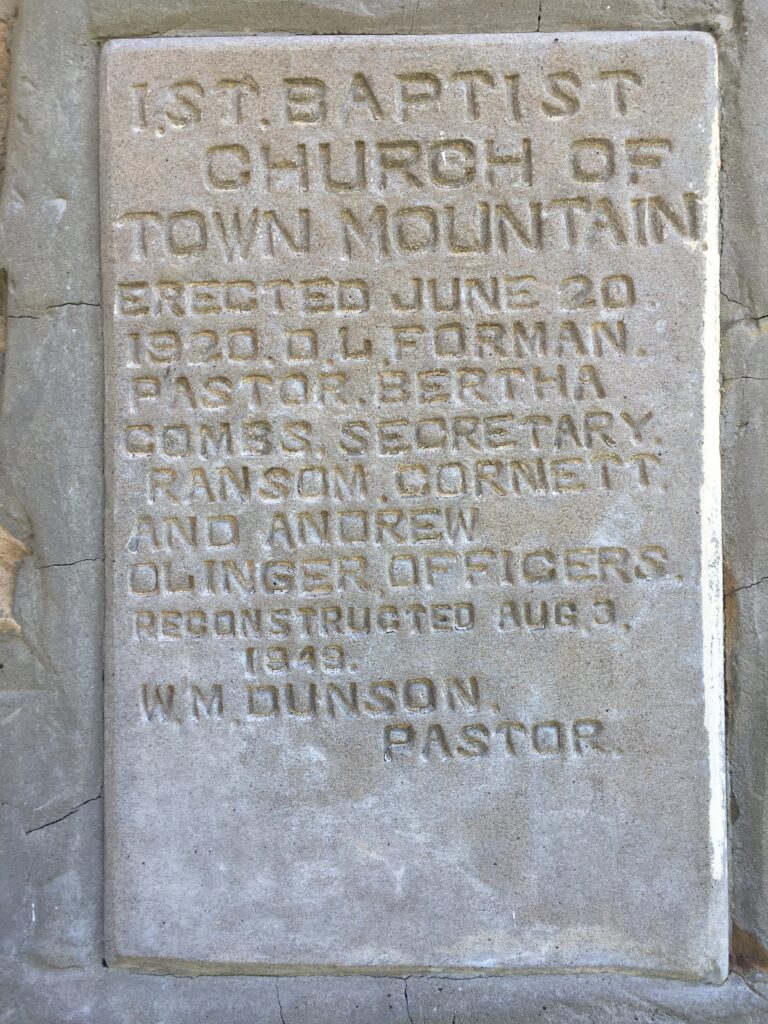
Part 1: Needs and Wants | Part 2: Definition | Part 3: We’re Rich!
We’re rich in grace to save and grace to sanctify. We’re rich in love for one another. But there’s more.
Comfort
The Christian life isn’t all peace and light. There are difficulties, trials, whether the trials of temptation to sin or the trials of distancing and opposition from people we love. In these times we find that our Father, who is “the God of all comfort” (2Co 1.3), pours out that comfort on us without restraint: “our comfort abounds through Christ” (2Co 1.5).
If you’ve face deep waters, you know what that means. The brokenness of our world is a constant source of sorrow and exasperation to us, even as it wreaks sin and disease and death. In those valleys we find a comfort that is from beyond us; even as our friends tell us how strong we are, we realize that the strength to endure these things is not ours at all, except by transfer of deed; we’re strong because he comforts, strengthens, carries.
Hope
Just as the God of all comfort comforts us abundantly, so the God of hope enables us to abound in hope (Rο 15.13). Whenever we come across the word hope in the Bible, we need to remind ourselves that we don’t use the word anymore in the biblical sense; what we mean when we say “hope” today is hopelessly weak in comparison to the biblical concept. We “hope”—often forlornly—that something good will happen, but we’re pretty much left to hope that it’s in our stars.
Not so in Scripture. Hope is confident expectation of a promised future state. It’s what’s in the minds of the engaged couple as they plan their wedding. They’re not “hoping” to be married; they’re going to be married, and they’re making arrangements to be ready when the big day comes. Biblical hope is not wishing; it’s anticipating.
It’s walking onto the field knowing that your team is going to win, and eager to experience all the fun it’s going to be.
We “abound in hope,” Paul says, “in the power of the Holy Spirit.” If an omnipotent God stands behind his promises to us, then there’s no uncertainty about the outcome; there’s just eager anticipation of an absolutely certain future event.
And God pours that confidence all over us until we’re soaked in it.
Gratitude
What’s the only reasonable response to all this? Paul tells the Colossians,
As you therefore have received Christ Jesus the Lord, continue to live your lives in him, rooted and built up in him and established in the faith, just as you were taught, abounding in thanksgiving (Co 2.6-7).
I have a prayer list that attempts to list all the ways that God has been good to me—physically, providentially, spiritually. I pray thanksgiving for one or two of those every day. It takes weeks to get through the list. And these are just the big things; what about all the ways God supplies, directs, protects every day? What if we were to keep a diary of such things and pray exhaustively? We’d be praying all the time and falling further behind every minute. God’s abundant grace should stimulate our abundant gratitude, a never-ending sense of joy and peace and well-being that comes from having a perfect heavenly Father.
In Conclusion
Jesus famously said that he had come so that his people “might have life, and have it abundantly” (Jn 10.10). I’ve restricted this brief series to specific things that the Bible says God gives abundantly, but we’d be foolish to think that his abundance is restricted to these few things. Given his character, even his abundance is abundant; he pours out blessings of every kind on all of his people through all of their lives. He is a good, good God.
May you and I live today, and every day, as in the words of the Apostle Paul,
Now to him who by the power at work within us is able to accomplish abundantly far more than all we can ask or imagine, to him be glory in the church and in Christ Jesus to all generations, forever and ever. Amen (Ep 3.20-21).
Amen, indeed. May it be so.
Photo by Alexander Schimmeck on Unsplash




